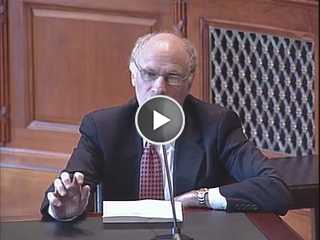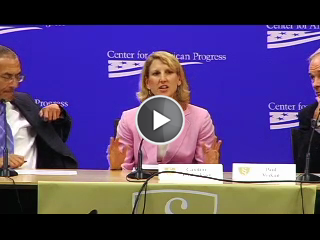RECAP, The Press, and Judicial Transparency
USA Today just posted an article covering the debate over Arizona's new immigration law. The article is essentially a roundup of relevant coverage, comments, and the wave of pending lawsuits. It is an example of the core activities of journalism in action -- namely information gathering, synthesis, and dissemination on issues relevant to the public. The article is also notable because it embeds the actual text of a complaint from one of the lawsuits filed yesterday. This document came from PACER.
Some time yesterday, a RECAP user also downloaded that document, thus contributing it to the public archive. You can see the docket and document here. As a result, anyone can freely search for, download, or re-post the document. People can also follow the progress of the case (assuming RECAP users continue to download new documents as they are posted). The fact that this is all happening automatically is an exciting success for RECAP.
However, that success is inherently limited. Although the system worked in this particular case, there are literally millions of other cases that have not been similarly liberated from the PACER paywall. Many of these are highly relevant to American citizens, but they are not of broad enough interest to garner widespread attention, and/or whoever happens to be interested in those cases happens to not be using RECAP. This illustrates the fundamental problem of the PACER fee model in the first place. As bloggers and citizen journalists increasingly provide coverage of issues that the mainstream press misses, they need to have the ability to freely find and share the core materials on which they report. That includes court records.
Update: At the recent House of Representatives Law.Gov Event, Eugene B. Meyer, President of the Federalist Society explained why access to legal materials about current policy debates like the Arizona law is critical to democratic society. You can watch the excerpt below:
Update: At the subsequent Law.Gov Event at the Center for American Progress, Caroline Fredrickson, Executive Director, American Constitution Society explained that although her organization is often at ideological odds with the Federalist Society, this is an important issue that transcends partisan lines. You can watch the excerpt below:

